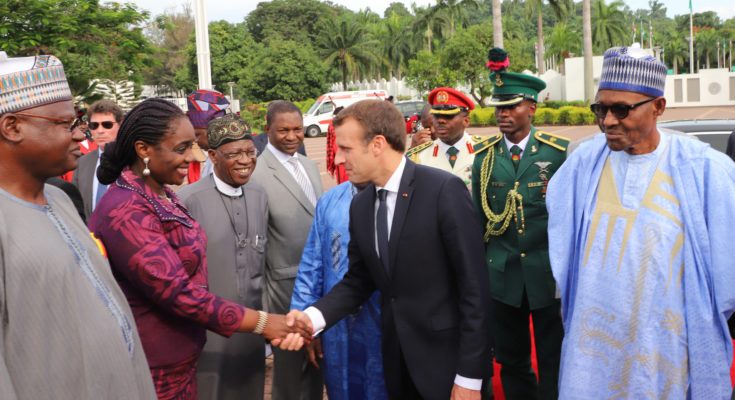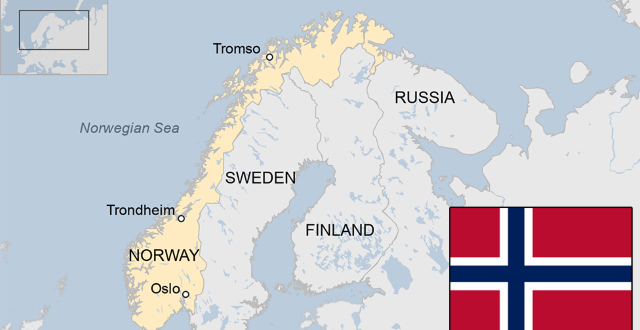On April 5, 2019, the Executive Board of the International Monetary Fund (IMF) approved the IMF’s administrative and capital budgets for financial year (FY) 2020, beginning May 1, 2019, and took note of indicative budgets for FY2021–22.
The net administrative budget for FY2020, which covers all administrative expenses less receipts (primarily from external sources to help support capacity building activities and excluding lending income), has been set at US$1,158 million.
The FY2020 budget represents an unchanged resource envelope in real terms for the eighth year in a row, measured relative to the IMF’s budget deflator, with the exception of a small (0.6 percent) increase in FY2017 to meet rising cyber and physical security costs. The budget priorities for FY2020 include increased resources to country work, notably in low-income countries and fragile states, the work on governance and the fight against corruption, and macro-financial surveillance. To accommodate this with unchanged resources, reallocation and savings measures amounting to 3 percent of the previous year’s budget are planned for implementation. As is customary, the nominal dollar budget includes an adjustment to accommodate price increases, 2.6 percent for FY2020.
The FY2020 capital budget, set at US$86 million, provides financing for capital projects for building facilities and IT. This includes major projects to overhaul work practices and introduce modern digital platforms and tools.
Additional information can be found in the staff paper: https://www.imf.org/en/














